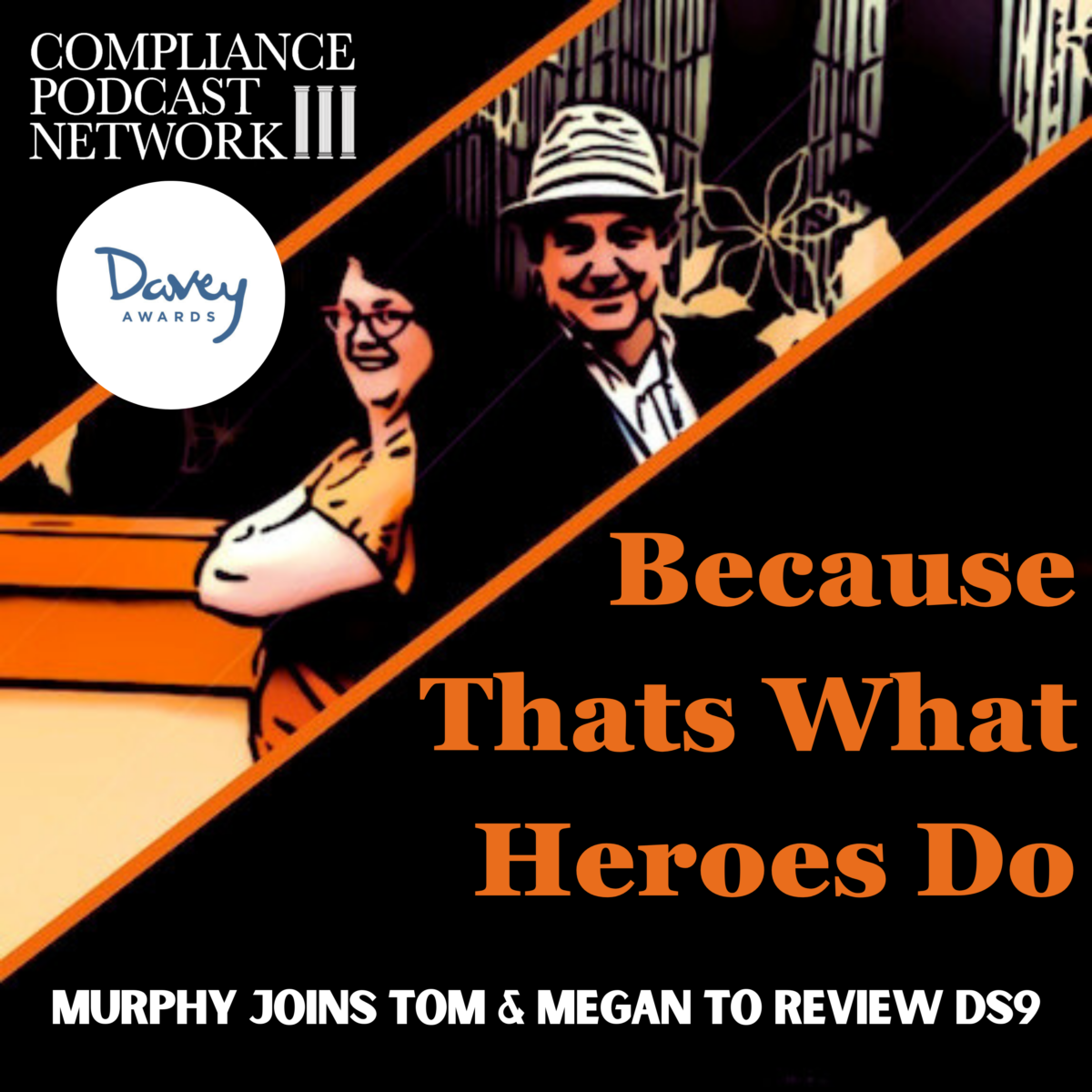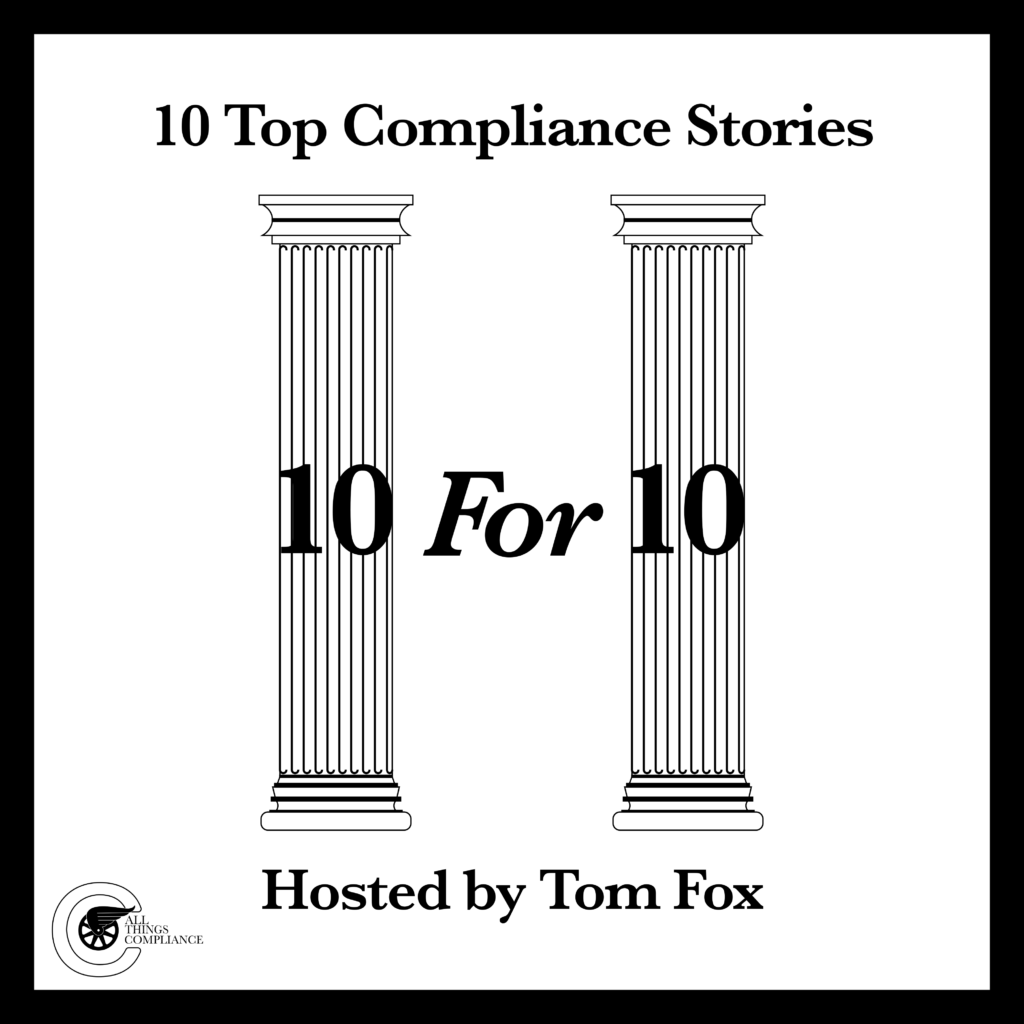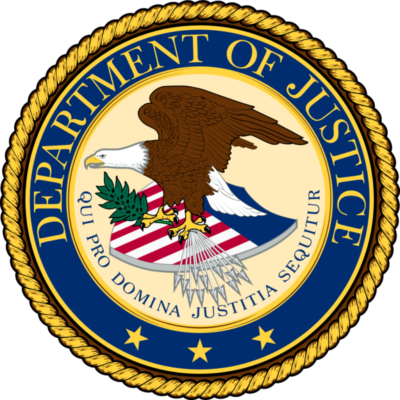In a recent development that has garnered significant attention in the compliance community, the U.S. Department of Justice (DOJ) declined prosecution of Boston Consulting Group, Inc. (BCG) for violations of the Foreign Corrupt Practices Act (FCPA). Despite evidence of bribery involving BCG’s operations in Angola, the decision to forgo prosecution serves as a powerful reminder of the critical role that timely self-disclosure, cooperation, and effective remediation play in navigating the complexities of corporate compliance and, most significantly, clawbacks play in a decision to decline to prosecute. The decision was made public via a letter from the DOJ to BCG.
Between 2011 and 2017, BCG’s Lisbon, Portugal office engaged in a scheme to secure business contracts with Angolan government agencies, including the Ministry of Economy (MINEC) and the National Bank of Angola (BNA). BCG funneled approximately $4.3 million in commissions to an agent with close ties to Angolan government officials. These payments, made through offshore entities, helped BCG secure twelve contracts, resulting in revenues of $22.5 million and profits of $14.424 million.
The misconduct was serious: BCG employees in Portugal were aware of the agent’s ties to government officials and took deliberate steps to conceal the true nature of the agent’s work. This included backdating contracts and falsifying documents to cover up the corrupt activities. Such actions violated the FCPA, which prohibits U.S. companies from engaging in bribery of foreign officials to secure business advantages.
The money shot in this Declination was in the area of clawbacks. In the Wall Street Journal (WSJ), Dylan Tokar wrote, “The consulting group’s disciplinary actions come amid pressure on companies by Justice Department officials to clawback compensation from employees involved in wrongdoing. Officials have said they want to shift the burden of penalties for corporate misconduct to those most responsible.” Mary Shirley, quoted by Tokar in the same article, noted, “That’s a strong message. While they’re not stated, the actual figures involved for individuals could be quite high.”
In his Radical Compliance piece on the Declination, Matt Kelly emphasized Shirley’s point: “That final point on surrendering equity — wow. That’s a punitive measure with real bite. Not only has BCG damaged the offenders’ future employment prospects by firing them and leaving a black mark on their records, but the loss of equity is a wallop to all their past employment with the firm. I have no idea how much that equity might have been worth, but BCG is a giant and prosperous business, so it’s entirely possible those offenders just lost millions of dollars.”
Given the severity of the misconduct, the DOJ’s decision to decline prosecution may seem surprising at first glance. However, more conduct was conducted by BSG after discovering the illegal conduct, which led to this superior result. The decline reveals that BCG’s response to finding the potential FCPA violation was exemplary, and equally importantly, it aligned with the DOJ’s Corporate Enforcement and Voluntary Self-Disclosure Policy. These factors included:
- Timely and Voluntary Self-Disclosure: In a 2014 email, BCG uncovered evidence of the potential FCPA violation and promptly disclosed the misconduct to the DOJ. This proactive step is crucial in the DOJ’s assessment of whether to pursue prosecution, as it demonstrates the company’s commitment to transparency and accountability.
- Full and Proactive Cooperation: BCG did not merely disclose the misconduct; the company fully cooperated with the DOJ’s investigation. This included providing all relevant facts, including information about the individuals involved in the bribery scheme. Cooperation of this magnitude significantly mitigates the risk of prosecution, as it aids the government in its investigation and potential prosecutions of individuals responsible for the wrongdoing.
- Comprehensive Remediation: BCG’s response to the misconduct was swift and decisive. The company terminated the personnel involved, imposed compensation-based penalties, and required implicated partners to forfeit their equity in the company. BCG also denied these individuals the financial transitions typically accorded to departing employees, underscoring the seriousness of the misconduct.
- Significant Compliance Improvements: Beyond addressing the immediate issue, BCG substantially enhanced its compliance program and internal controls. These improvements included formalized employee training, vendor and client screening protocols, and the establishment of local and global risk committees. Such measures demonstrate BCG’s commitment to preventing future misconduct and fostering a culture of compliance.
- Absence of Aggravating Factors: The DOJ’s decision was also influenced by the absence of certain aggravating factors, such as executive management’s involvement in the misconduct, significant profit relative to the company’s size, or a history of criminal recidivism. These factors often weigh heavily in the decision to prosecute, but in BCG’s case, their absence worked in the company’s favor.
- Disgorgement of Ill-Gotten Gains: BCG agreed to disgorge $14.424 million, representing the profits from the contracts secured through the corrupt scheme. This financial penalty further reinforced BCG’s commitment to addressing the consequences of its actions and aligning with legal and ethical standards.
The BCG case offers several critical lessons for compliance professionals. First and foremost, the importance of timely and voluntary self-disclosure cannot be overstated. When a company discovers potential misconduct, promptly bringing it to the authorities’ attention can significantly influence the outcome, potentially leading to a declination of prosecution.
Full cooperation with government investigations is essential. Compliance teams must be prepared to provide all relevant information, facilitate interviews, and support the investigation process. This cooperation demonstrates the company’s commitment to addressing the issue and helps build a collaborative relationship with the authorities.
Remediation is another crucial aspect. Companies must swiftly and meaningfully address the root causes of misconduct, including holding individuals accountable and implementing robust compliance measures to prevent future violations. A strong compliance program, reinforced by ongoing training and risk assessment, is vital in demonstrating a company’s commitment to ethical business practices.
Finally, the BCG case underscores the importance of avoiding aggravating factors. Companies should strive to cultivate a culture of integrity from the top down, ensuring compliance is embedded in every aspect of the organization. By doing so, they can reduce the likelihood of misconduct occurring in the first place and mitigate the impact if it does.
The DOJ’s decision to decline BCG’s prosecution is a powerful reminder of the value of self-disclosure, cooperation, and remediation in corporate compliance. For compliance professionals, the BCG case highlights the critical role they play in guiding their organizations through complex legal and ethical challenges. By fostering a culture of compliance, responding proactively to potential issues, and working closely with authorities, companies can navigate the difficult terrain of regulatory enforcement while upholding their commitment to ethical business practices.






